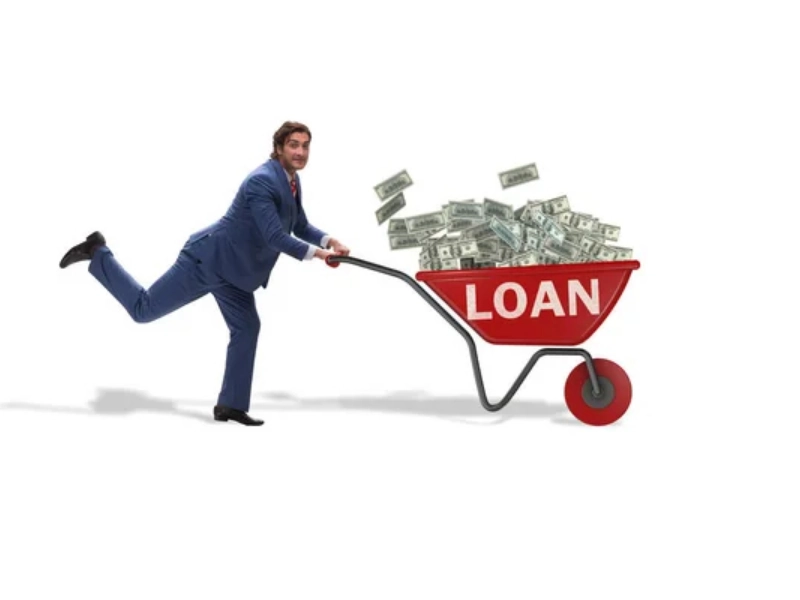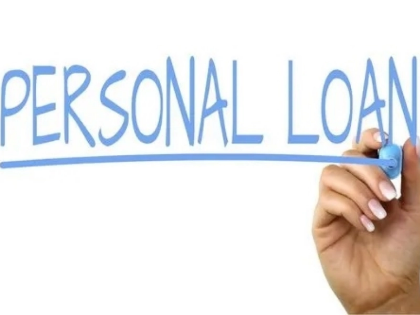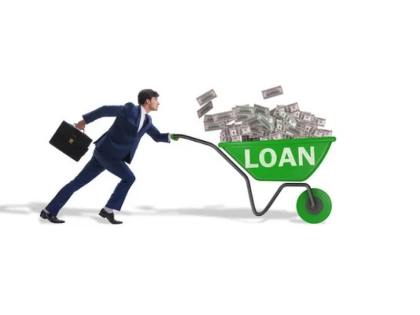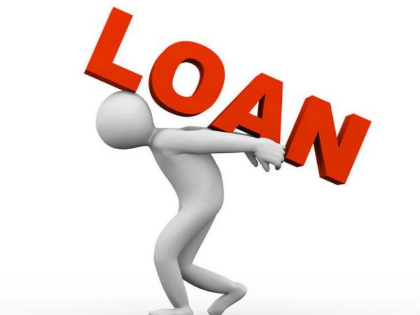Modifications to Mortgage Loans: A Way to Prevent Foreclosure
The process of altering the terms of your mortgage to help you avoid foreclosure is known as a mortgage loan modification. Usually, homeowners who are in default on their mortgage or in danger of doing so because of a major sickness or job loss are the ones who are eligible for it.
Diminished Remittances

By extending the duration of your loan, lowering your interest rate, or forbearing a portion of your principle, mortgage loan modifications might help you make your monthly payments more reasonable. Usually a drawn-out process, obtaining a modification necessitates presenting official documentation of your financial difficulty.
Various programs are offered by lenders based on the kind of mortgage loan you possess. For instance, you can be eligible for a flex program if Freddie Mac or Fannie Mae own your mortgage. These programs are intended for homeowners who will soon be able to restart their payments after a brief change in circumstances.
Please get in touch with your servicer, or the firm that receives your payments, to request a mortgage loan modification. Usually, you may locate their details online, in the phone book, or on your bill. Generally speaking, you will have to provide proof that you are unable to pay your mortgage due to financial difficulties.
Prolonged Payback Duration

Modifying your mortgage loan entails altering the original terms in order to lower your monthly payment. Reduced interest rates, longer loan payback terms, converting your adjustable loan structure to a fixed-rate mortgage, and re-amortization—in which past-due principal is added to your current balance and disbursed over the remaining loan term—are a few examples of the adjustments that may be made.
You will need to provide information and supporting documents about your financial difficulties to your lender or servicer. This includes bank statements, tax returns, and pay stubs from homeowners who are employed, as well as company records for independent contractors.
A home loan modification can save you from foreclosure by lowering your monthly payment, but it doesn't deal with the root cause of your problems and could put you in worse shape down the road. It is a better idea to look into refinance possibilities that will give your budget more breathing room if your financial issues are long-term.
Diminished Interest Rate

A mortgage modification modifies the original terms of a loan, potentially lowering monthly payments. This choice may result in lower interest rates, a shorter loan term, and the ability to make up missing payments through a repayment schedule.
The main objective is to lower your monthly payment in order to prevent foreclosure and the resulting harm to your credit score. You have to meet the requirements set forth by the lender and submit thorough proof of your financial situation and hardships in order to be eligible for a loan modification. To file for a loan modification, you often need to be behind on your payments or facing default, but each mortgage investor, including Freddie Mac and Fannie Mae, has its own requirements.
For instance, you can apply for a Flex Modification program that offers lower interest rates and lets you incorporate your past-due payments back into your overall debt sum if your loan is backed by Fannie or Freddie. Over time, you will pay more in total interest the longer your loan term is.
Diminished Principal Amount

Mortgage loan modifications can change the interest rate, shorten or lengthen the loan's duration, lower a borrower's monthly payments, and even lessen the principal—or amount—that a homeowner owes on their property. When determining whether action is best for an at-risk borrower, a lender or mortgage investor considers each of these choices.
A trial period may be part of a mortgage modification, during which the lender monitors borrowers' regular, timely payments. In order to ascertain whether the borrower can continue making their new mortgage payment and avert foreclosure, this is done.
Another choice is to forbear on your mortgage. In order to help homeowners avoid foreclosure while they recover from financial difficulties, there is a temporary halt or reduced payment available. But the foreclosure process continues, and interest will continue to accrue. For homeowners in danger of going into foreclosure, this is their last resort. Compared to a short sale or deed-in-lieu of foreclosure, it might be a less expensive method of avoiding foreclosure.









